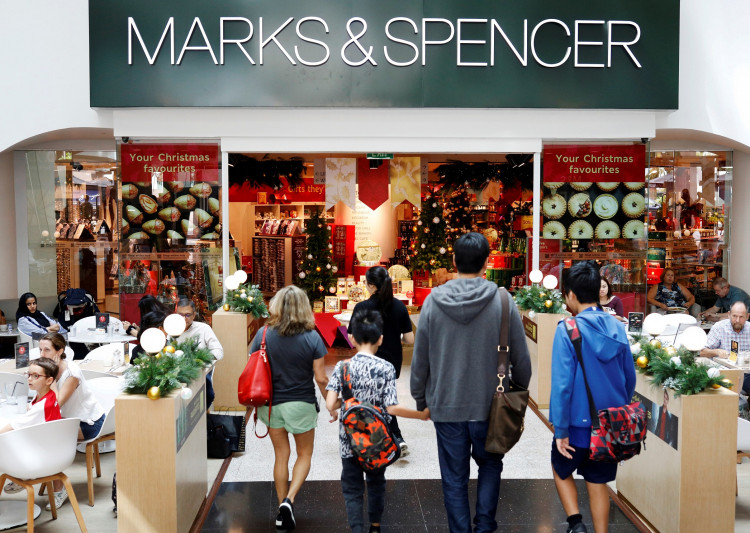Singapore's zero-waste businesses have been struggling over the past year as the city-state's supply is climbing above the current demand. Industry experts said additional support and effort is necessary to boost interest in these stores.
According to Channel News Asia, some zero-waste stores in the city-state have started shutting down or pushing their financial means to the limit to curb bigger losses in the future.
The owners are still very serious about their calls on more action against climate change. However, Singaporeans still need more awareness about the rising sector that could be at risk before it even gets a chance to shine.
For zero-waste store Eco.le owner Thng Hui Hien, supermarkets in the city-state can make a huge difference in transforming zero-waste into "a norm." She said there are actually many consumers who have already transitioned to a more sustainable lifestyle.
While some local stores are struggling to make ends meet, other international brands in the zero-waste segment are breaking even in Singapore. Australian firm The Source Bulk Foods is seeking to expand its business in the city-state despite increasing domestic competition.
Master franchiser for the brand, Rob Behennah, noted that around 85 percent of the Cluny Court store's customers are Singaporeans. He added that some customers come from Punggol and other regions.
Industry analysts expressed both hope and concern for the circle of consumers who are slowly inclining themselves to a zero-waste culture. Singapore Polytechnic School of Business lecturer Lim Xiu Ru said one of the problems in the segment is that many consumers are still cost-conscious.
Lim further explained that for Singapore's zero-waste culture to grow at the expected speed and range, stores should try to explore possibilities in effective e-commerce models that will attract more consumers.
Meanwhile, the government and concerned companies continue to encourage recycling among Singaporeans. Earlier this week, Sembcorp launched Ezi, a mobile app that pays users who collect recyclable materials.
According to Eco-Business, the prices depend on the material such as clothing, metal, paper, and plastics. The goal of launching the app is to encourage citizens to be more responsible for waste segregation.
The app was launched after the latest data revealed that around 40 percent of recyclable materials in the city-state's recycling bins cannot be recycled because they have been contaminated by biodegradable waste.
Through the Ezi app, environmentalists are expecting to see a change in Singapore's waste culture as more people will be more interested in collecting and segregating their waste properly for the collectors to pick up at no cost.






